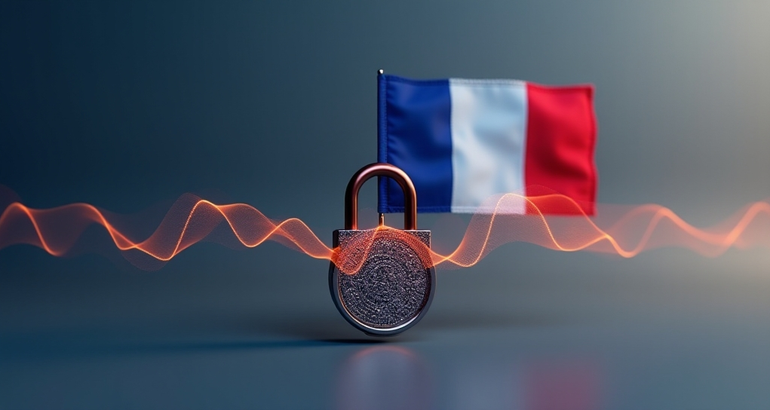Proxy vs VPN: Which is the best?

- VPN
- Proxy





Overiew
VPN and proxy servers are both able to change IP addresses, and many people compare the two. What is the difference between a proxy and a VPN? If you want to protect your online privacy and security, which one is better to choose? This blog will tell you the answer.
Contents
Differences between a Proxy and a VPN
Proxy service is good, but VPN is best
What is a Proxy Server
A proxy server is a server application that acts as an intermediary between users and their servers. When you connect to a proxy server, all incoming and outgoing data goes through the proxy server. Your IP is replaced by the IP of the proxy server, enabling the hiding of the device's IP address. Common types of proxy servers are SOCKS5, HTTP, Transparent.
① SOCKS5: SOCKS5 is a proxy protocol that can accommodate a variety of TCP/IP based application layer protocols and is almost foolproof.
② HTTP: Hyper Text Transfer Protocol (HTTP) a simple request-response protocol, often used to access geographically restricted proxy servers.
③ Transparent: The role of the transparent person is the opposite of the proxy service described above, which is used to restrict user access to school and corporate websites.
What is a VPN
In simple terms, a virtual private network (VPN) is an encrypted tunnel created between your device and the network to encrypt all data sent and received over the Internet. It is difficult for an unapproved person to access it if they want to view it.
Differences between a Proxy and a VPN
① Connection speed
The most immediate difference between a proxy service and a VPN is the speed of the connection. When you use a proxy server, you'll have a hard time getting speeds of one megabit per second, but a VPN can provide speeds of 50 Mbps or faster. VPNs slow down Internet speeds somewhat because they require encryption of your sensitive data. You won't notice it unless you have a particularly high demand for Internet speed, such as high-level gamers.
② Security
Proxy services are much less secure than VPNs. A proxy service hides your identity when you access the network, but does not encrypt your connection to the server. Your data is still vulnerable to theft. a VPN encrypts your data before sending it to clients, and it protects your data from being intercepted by hackers and cybercriminals when you connect to public WIFI. So you can safely surf the Internet in any network environment.
③ Cost&Privacy
Most proxy services are free, and many service providers sell users' data for a profit. In addition, most VPNs require payment to access the service, and they do not record or share user data. No one knows what websites you visit and what information you view except yourself. It makes sense to invest in paid options.
The following table helps you better compare Proxy service and VPN.
| Feature | Proxy service | VPN |
|---|---|---|
| Connection speed | Slow🐢 | Fast🐆 |
| Slow down Internet speeds | ✅ | ✅ |
| Hide your IP address | ✅ | ✅ |
| Encrypt network activity | ❌ | ✅ |
| Avoid Cyber Threats | ❌ | ✅ |
| Cost | Usually Free🆓 | Usually Paid💵 |
| Record user data | ✅ | ❌ |
| Use on multiple devices | ❌ | ✅ |
| Bypass regional restrictions | ✅ | ✅ |
| Compatible with streaming and gaming | ✅ | ✅ |
| Number of uses | Only One1️⃣ | Unlimited♾️ |
Proxy service is good, but VPN is best
Proxy services are free and useful tools, but they lack the security and privacy of VPNs. So for users, using VPN is the best choice. If you only need access to regionally restricted content, then a free proxy server will suffice. However, if you already have a VPN, there is no need to download a proxy. A VPN includes the features of a proxy and more things that a proxy cannot do.






